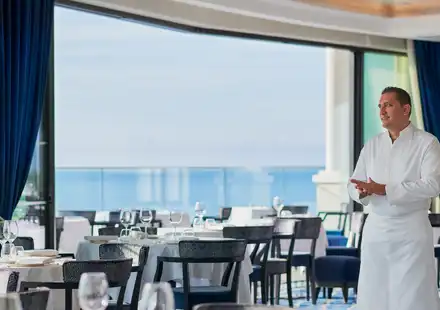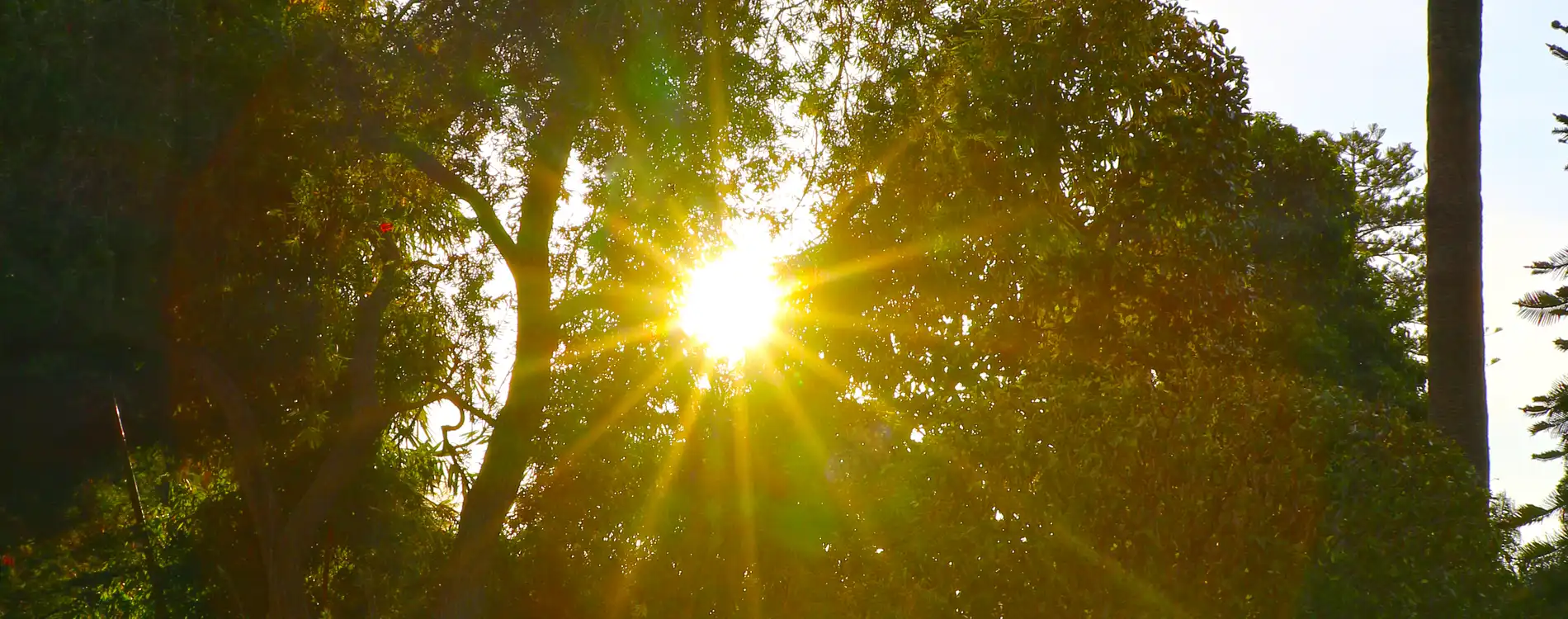Published on August 24, 2020Updated on April 25, 2023
At a time when we’re all dreaming of a well-deserved break, it’s more important than ever to stick to good habits: travel, be it close to home or far-flung, romantic or relaxing, must still be sustainable. At any rate, that has been the way for Monaco and the Monte-Carlo Société des Bains de Mer group for over a decade now. In this interview with two Monegasque women who have made a career out of sustainability, we talk about the group’s commitments, as well as its social and environmental success stories.
Estelle Antognelli is the head of Responsible Tourism at the Monaco Tourist and Convention Bureau.
Eva Elmshäuser is in charge of Sustainable Development for Monte-Carlo Société des Bains de Mer. She reports to Dimitri De Andolenko, who has overseen the resort’s Sustainable Development policy since 2007.
Monaco is known for being a luxury destination. Can luxury really be sustainable?
Estelle Antognelli: Luxury and sustainability have a lot in common, especially if you consider luxury in terms of its quality. Now more than ever, luxury items are valued for their longevity, which is also a criterion for sustainable development. In fact, many parallels have emerged between the concepts of luxury, quality, and sustainable development.
Eva Elmshäuser: Of course. Just like sustainable development, luxury is all about longevity, quality, and creativity. What’s more, it is being redefined as we speak… Nowadays, a luxury label must also signify that environmental issues have been taken into consideration.
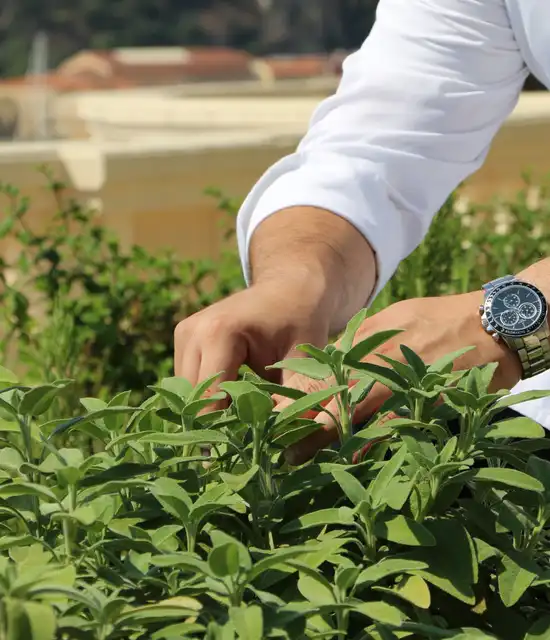
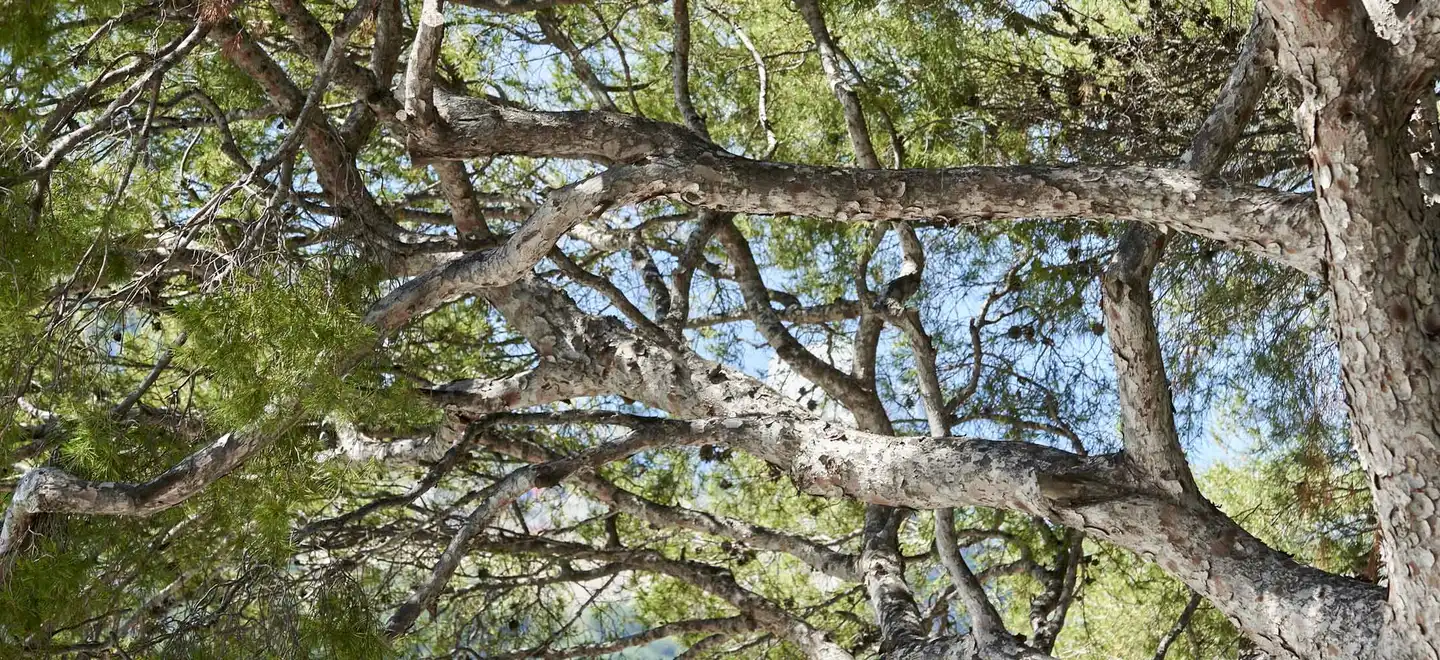
Is Monaco an environmentally friendly destination?
EA: Monaco is known for its splendour and its Formula 1 Grand Prix – there’s no denying that. But there are currently many initiatives under way to encourage more sustainable development, and H.S.H. Prince Albert II of Monaco is a key driving force in that respect. The Prince Albert II of Monaco Foundation has financed more than 370 environmental projects over the past ten years. The Principality has also committed to cutting its carbon emissions by half before 2030 compared to levels seen in 1990, and becoming carbon neutral by 2050. Lastly, Monaco has been involved in GDS (Global Destination Sustainability) Index, a program that benchmarks and supports sustainability strategies implemented by major tourist hotspots all around the world, since 2018. In the longer term, our aim is to become one of the best destinations for sustainable tourism. We are currently working on a huge project: a white paper on sustainable tourism, which is intended for use in setting a long-term strategy reflecting the UN’s Sustainable Development Goals.
Is Monte-Carlo Société des Bains de Mer involved in this?
EE: We are actually a confirmed preferred partner for resource management in Monaco. We want to pioneer a greener, more sustainable kind of luxury. This is reflected in concrete actions. For example, the power used across the resort is produced by our own high-performing seawater source heat pump systems. These are powered using electricity governed by “egeo” contracts, meaning the equivalent of the electrical energy consumed has been produced using renewable resources. We have also changed almost all of our lighting to LED bulbs. In January 2019, we launched our third Sustainable Development Charter, with 30 commitments that align perfectly with Monaco’s nationwide objectives: to reduce carbon emissions and offer products and services that reflect the excellence of our expertise, all whilst respecting both human life and the environment.
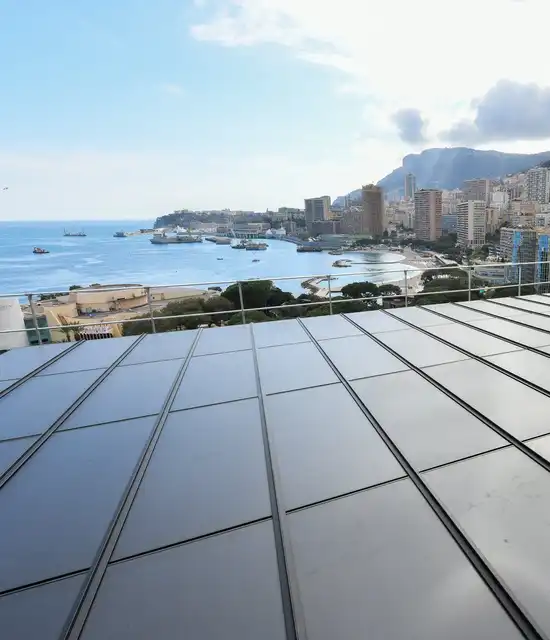
We are particularly focused on eliminating plastic, digitisation and reducing the amount of paper we use. In terms of catering, we have also placed a stronger emphasis on forging partnerships with local suppliers. For the past 7 years, we have been working towards achieving Green Globe certification for our establishments: now, all 4 of our hotels are certified, as well as Thermes Marins Monte-Carlo and the Café de Paris Monte-Carlo. Three establishments (Monte-Carlo Beach, the Monte-Carlo Bay Hotel & Resort and Thermes Marins Monte-Carlo) have even achieved the Green Globe Gold Standard, meaning they have been certified for over 5 years and have shown continual improvement in their practices throughout this time.
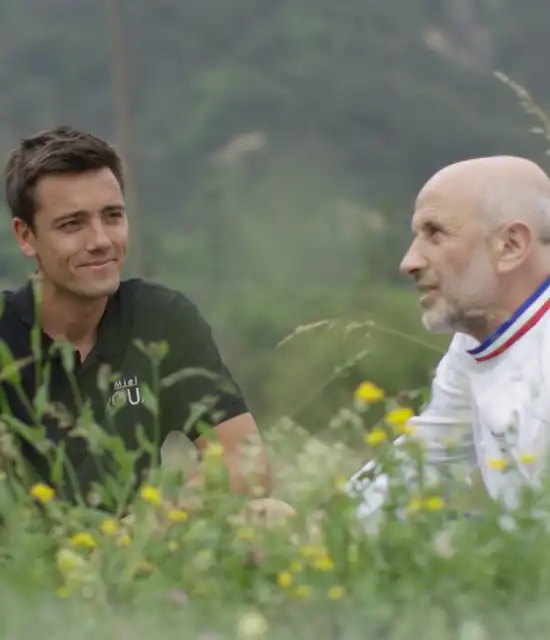
Do you feel it’s important to protect the coastline and marine ecosystems?
EE: H.S.H. Prince Albert II considers the protection of marine habitats to be of the utmost importance. Amongst other things, this commitment has led to the creation of two marine protected areas: Larvotto is one, and Tombant des Spélugues the other. The Monte-Carlo Société des Bains de Mer resort works actively with local organisations to monitor water pollution risks and support the reintroduction of protected species. These objectives are also included in our Sustainable Development Charter. Two of our hotels – the Monte-Carlo Bay Hotel & Resort and Monte-Carlo Beach – are located in and next door to the Larvotto Marine Reserve respectively, so we are aware of the important role we have to play in its management, and are closely involved in meetings regarding the area.
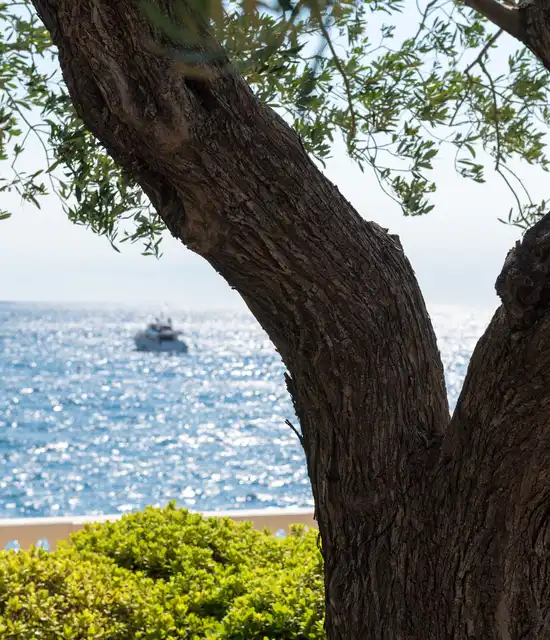
Do you have a water management policy?
EE: Water conservation can only be achieved by rationalisation, and reducing how much we use. We are therefore ensuring intelligent management of our water consumption by installing water-saving equipment and educating staff on best practices. This policy, which has been in place since 2007, has enabled us to reduce our water consumption by 35%, even while our business levels have risen with the opening of One Monte-Carlo and expansion of the Hôtel de Paris Monte-Carlo. We have also installed a system for monitoring even the smallest of leaks. On-site staff keep an eye out for any anomalies, and inform technical staff of them via a call centre so that immediate maintenance can be carried out. The introduction of radio-controlled meters, which is scheduled to take place in the near future, will help to reduce water consumption even further by allowing us to monitor usage in real time.
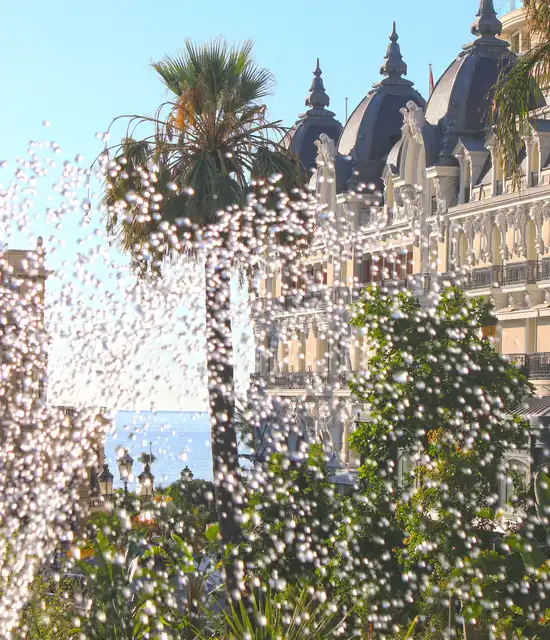
The Formula 1 Grand Prix has a large carbon footprint. Are there any projects planned to reduce the resulting pollution?
EE: As with any major sporting event, the Monaco Grand Prix does produce a significant amount of carbon emissions. The Formula One Group – the organiser of the Formula 1 Grands Prix – is aware of this issue, and in 2019 announced that it aims to be carbon neutral by 2030. To achieve this, it is planning to opt for biofuels and renewable energy, as well as optimising the race calendar to limit travel. As these measures will not be enough to achieve carbon neutrality alone, the remaining emissions will be offset by tree planting projects. That will considerably limit the impact this event has on Monaco’s carbon footprint. We should also note that there’s the Formula E Grand Prix too, a certified sustainable race which first took place in Monaco back in 2015.
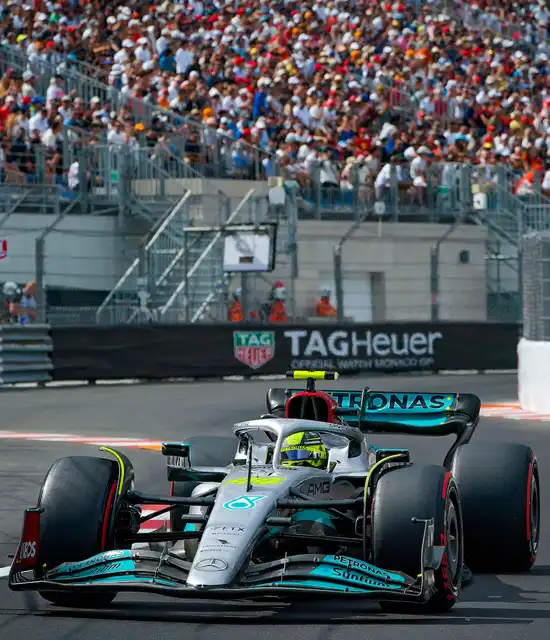
Does Monte-Carlo Société des Bains de Mer’s willingness to adopt sustainable practices extend to the social side of things?
EE: Staff wellbeing has always been of the utmost importance to the Monte-Carlo Société des Bains de Mer group. We have had a Corporate Social Responsibility (CSR) policy in place for seven years, which serves as both confirmation of this commitment and a framework for achieving it. It’s also worth noting that the Green Globe certifications awarded to our hotels are based on more than just environmental criteria. They also reward the standard of rights provided to our staff, as well as our social involvement in local and international organisations. So they really do reward “sustainable” policies in the broadest sense of the term.
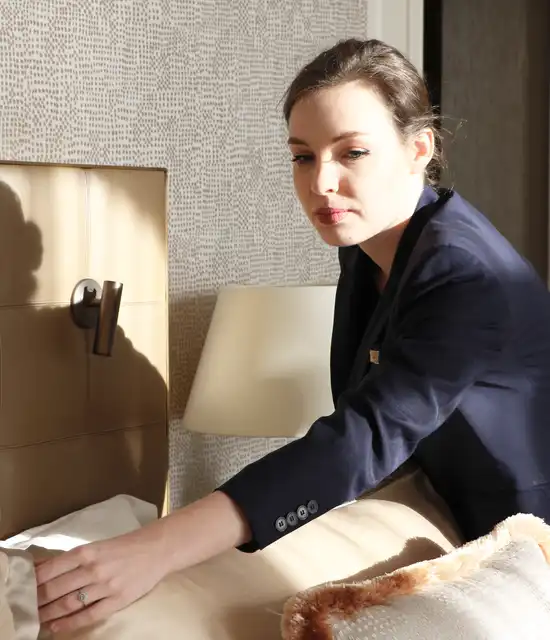
You might also like…
Emmanuel Pilon: Chef at Le Louis XV - Alain Ducasse in Monaco
Meet Emmanuel Pilon, the new chef at the fine-dining restaurant Le Louis XV - Alain Ducasse in Monaco.

Thermes Marins Monte-Carlo: thoughts from the experts!
Get to know Thermes Marins Monte-Carlo in Monaco, where you will find over 6,000 m² devoted to relaxation, wellness, fitness and preventive health.
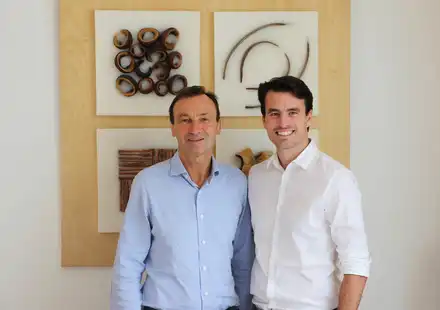
Dominique Lory, the new Executive Chef at the Hôtel de Paris Monte-Carlo
Dive into the gastronomic history that links Dominique Lory and the Hôtel de Paris Monte-Carlo.
